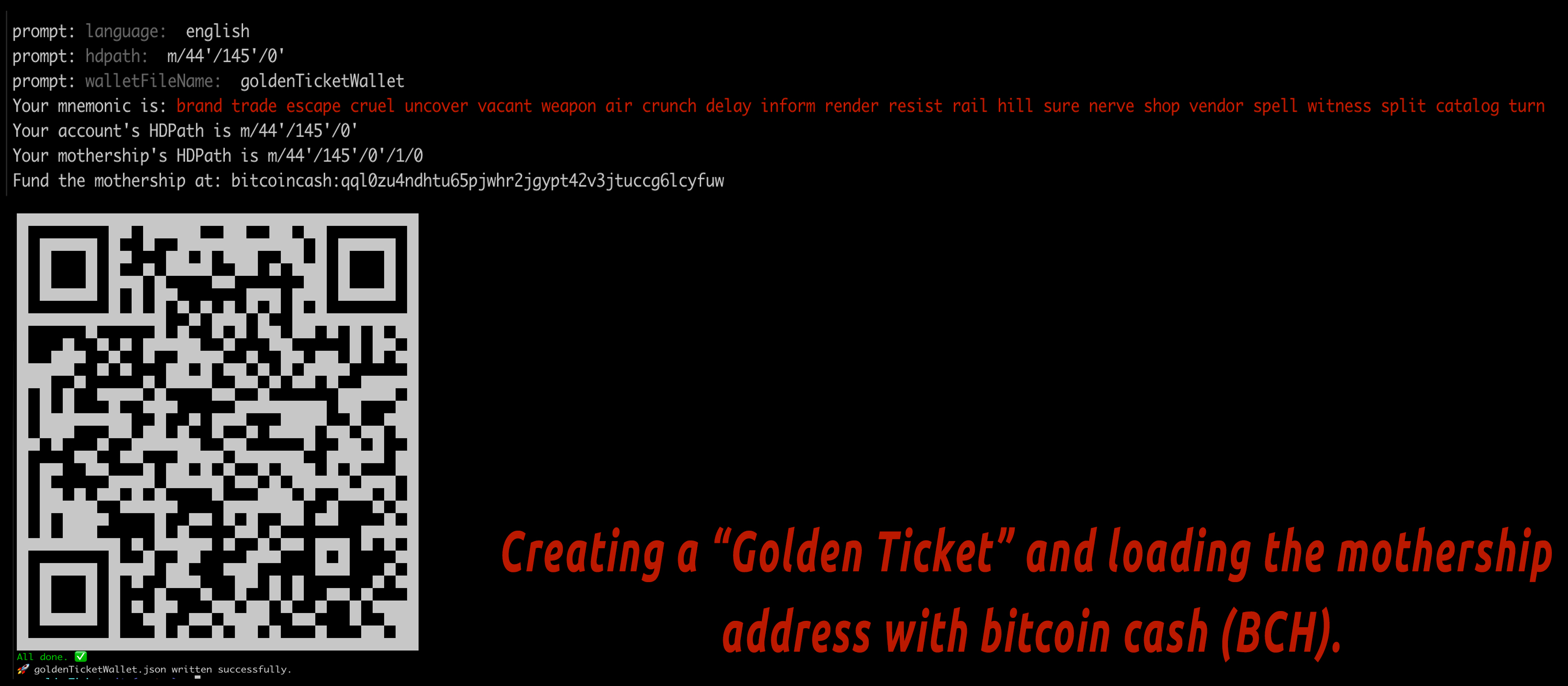//
Spend more than a minute or two in any co-working space, at any ecosystem event, and you will hear mention of the pivotal word – “scaling”.
Some startups, especially those serving lower income segments, have to do it. Many raise millions of dollars funding in order to do it. Some fail trying to do it. Either way, doing it or not, it is a key part of any startup-focused discussion.
Scaling is also fraught with hazards. Though it is easy to assume that every African startup should wish to expand into new markets, there are good reasons why it is not the right path for every business.
Not “when”, but “if”
Bernard Wright is the founder of Ugandan startup Geo Gecko, which uses tools such as Geographic Information Systems (GIS), satellite imagery, drones and cloud computing to provide evidence and insight in data-starved environments, and has acquired customers all over the world.
He says scaling a startup is not a question of “when”, but “if”.
“Scaling up should be a means to an end, rather than an end in itself. There are plenty of businesses that can’t be scaled up, like many consulting services,” Wright said.
Geo Gecko scaled slowly, with Wright saying the team wanted to see a variety of things come into play before it thought about expanding outside of its home market.
“Firstly, we see a demand in the market that is not being met. Secondly, we have developed information products that we can produce at scale to meet that demand. Thirdly, we have the internal systems, and the processes, like a salary scale, to manage that scale without losing track or compromising on company principles. Finally, we want to be first to the market with our flagship products,” he said.
Secure your home market first
Marcello Schermer heads up expansion at South African fintech startup Yoco, which raised a US$16 million Series B round last year to move into new markets and verticals. He said startups should only expand into other countries when they have a good enough grip on their home market.
“You need to make sure that your team, processes and distribution in your home market are solid enough so that you can focus on a new market while growing your home market,” he said.
This view is echoed by Schalk Nolte, chief executive officer (CEO) of South African security startup Entersekt, which has seen great success overseas. Before startups move abroad, it is key to ensure they “dominate” their home market.
“To get that right, it’s ideal that your organisation is mature enough in terms of people, product and operations to free up your best people. If founders are still part of the business, it’s preferable to involve them as they have the experience to figure out how a market works and getting it off the ground, whilst not affecting your home market,” he said.
“Having two startups to look after, by entering a new market while you are not ready, can add tremendous strain on your organisation and yourselves as founders, so avoid it if you can.”
Too early vs too late
Timing is key, and founders must get it right if they are to avoid attempting to scale too early, or even too late. Both are possible, and it is hard to find the sweet spot, said Wright.
“Too early and you risk going to market with a product that is not ready and tipping off better-funded competitors to your concept. If you need to bring in investment to scale up, you risk undervaluing your product; a potential product is valued lower than a developed one with sales,” he said.
“Too late and you’ll lose out on potential sales or someone else may make it to market first.”
The history books are littered with examples of startups that got their timing wrong, according to Marcus Swanepoel, co-founder of cryptocurrency exchange Luno, which is active in various markets across Africa, Europe and Southeast Asia.
“Too early is quite common in the US as people raise too much money before they have proper product-market fit, but often in emerging markets startups can’t raise a lot of money in the early stages so it’s less likely they scale too fast. They will often suffer from the opposite – scaling too late or too slow. Because it might take more time to raise money, they might not have access to the expertise to help scale. What essentially happens then is that competitors that can scale faster beat them before they’ve even had a chance to play,” he said.
How to choose new markets
If a startup decides it is ready to scale, and thinks it has got the timing right, then it has to decide where to scale to. Schermer said the right destination will depend on the type of business.
“You need to have a deep understanding around what market conditions drive your business and look for markets that show those market conditions. Especially in Africa, that research needs to be done on the ground as it’s the only way to really understand a market,” he said.
For Wright, new markets are chosen based on demand, but he said startups must be aware of the challenges that emerge around scaling to new markets.
“Our industry comes across as technical and complicated. It requires time and attention to clarify to a customer how these products can work for them and that they are actually quite straightforward to interact with. As we move into new markets, we have to keep working on making our products accessible to a variety of customers with different skill levels,” he said.
“We’re scaling up and moving into new markets with a low cost, high frequency product. This necessitates a change in how we work and market our work. That means less interaction with customers, and a need for incredibly clear explanations of our analysis and products, and a great user experience off the bat.”
What also changes is the team.
“When you start, the founders and first core team members step-by-step create a company culture that is largely a reflection of their own personalities and interactions. As you grow and professionalise, company culture moves into a shared understanding of what is important to the team and the company and how you want to work together to achieve your goals,” said Wright.
“To cement this, you need to be purposeful in communicating continuously and more explicitly to new hires what values the company holds and what its goals are.”
The post The hows, whens and whys of scaling your African tech startup appeared first on Disrupt Africa.
from Disrupt Africa http://bit.ly/2sFIxBO


 South Korean cryptocurrency exchange Coinzest reportedly sent its customers BTC and other cryptocurrencies while trying to airdrop WGT tokens. The exchange posted a notice on its website that at approximately 18:30 p.m. Korean time on Jan. 18:
South Korean cryptocurrency exchange Coinzest reportedly sent its customers BTC and other cryptocurrencies while trying to airdrop WGT tokens. The exchange posted a notice on its website that at approximately 18:30 p.m. Korean time on Jan. 18:




 Anonymously buying bitcoin in small amounts is relatively easy, though getting your hands on larger quantities without having to jump through hoops can be harder. Just as it’s common practice to use fake personal details when signing into public wifi, the same can be done when buying bitcoin through ATMs and terminals such as the newly repurposed
Anonymously buying bitcoin in small amounts is relatively easy, though getting your hands on larger quantities without having to jump through hoops can be harder. Just as it’s common practice to use fake personal details when signing into public wifi, the same can be done when buying bitcoin through ATMs and terminals such as the newly repurposed 
 Just as Localbitcoins.com will connect you with sellers willing to meet face-to-face, it will link you online in a manner similar to Bisq. Once again, if paying by bank transfer, you can put whatever you like on the pay-in reference, as most sellers do, as putting “bitcoin” on a bank reference is asking for account suspension. (This will change one day, but by the time it does, banks will no longer be relevant and will be begging bitcoiners for business.) It’s easy to set up a Localbitcoins account using a private email account, such as Protonmail, and a fake social media account and burner number if you’re particularly cautious.
Just as Localbitcoins.com will connect you with sellers willing to meet face-to-face, it will link you online in a manner similar to Bisq. Once again, if paying by bank transfer, you can put whatever you like on the pay-in reference, as most sellers do, as putting “bitcoin” on a bank reference is asking for account suspension. (This will change one day, but by the time it does, banks will no longer be relevant and will be begging bitcoiners for business.) It’s easy to set up a Localbitcoins account using a private email account, such as Protonmail, and a fake social media account and burner number if you’re particularly cautious. 







 In a
In a 


